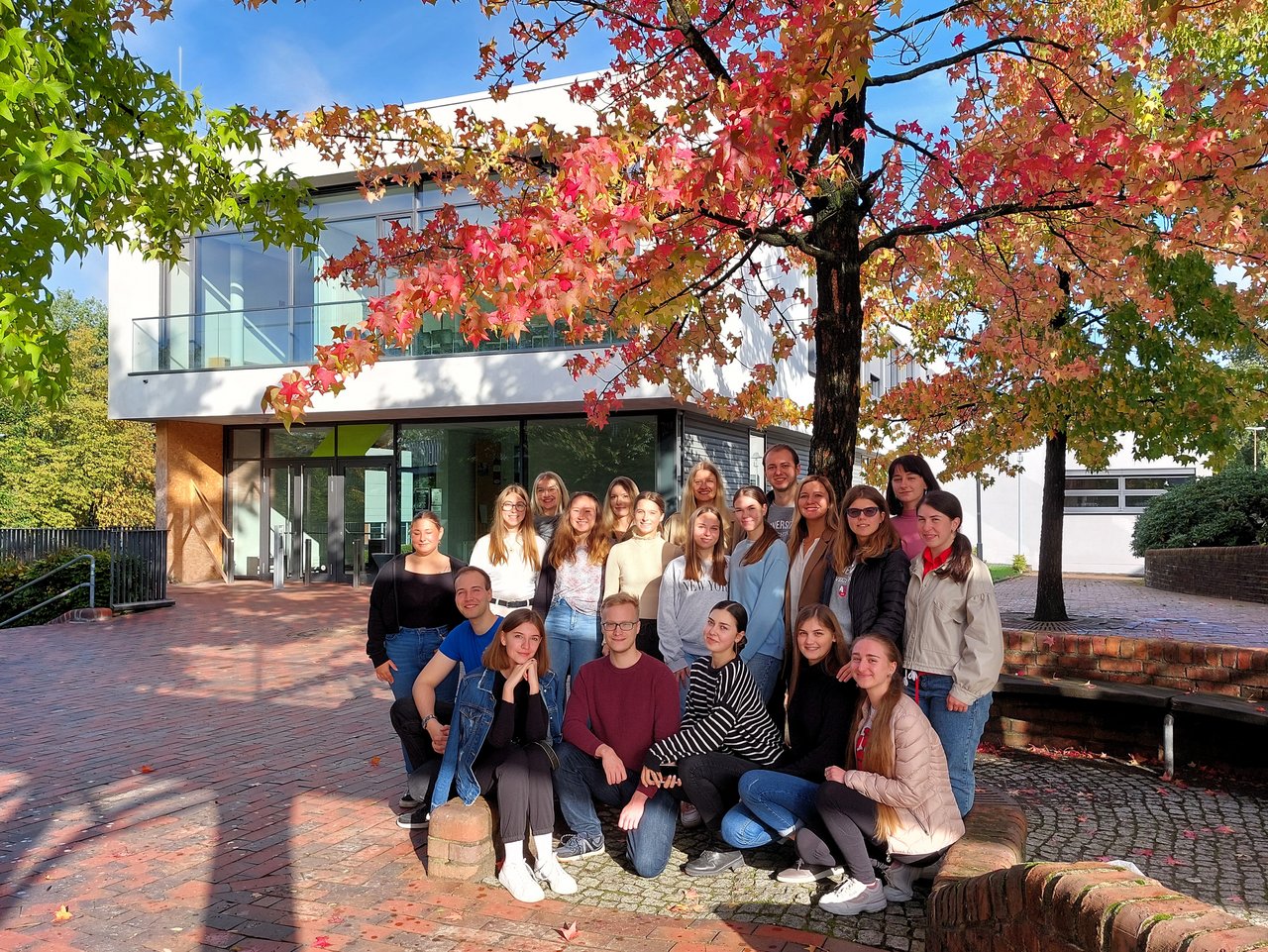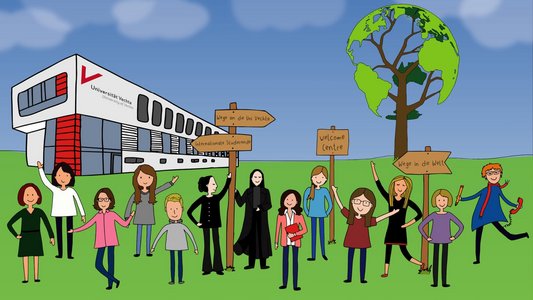The degree programme is both research- and application-oriented. The organisation of the course allows students to spend time at another university in Germany or abroad during the standard period of study (mobility window).
Study contents in the compulsory area:
- Introduction to gerontology
- Fundamentals and theories of ageing
- Social Gerontology
- Public Health
- Health
- Care
- Psychological gerontology
- Civil law aspects of gerontology
- Social law aspects of gerontology
- Research methods
- Statistics
- Participatory and moderation methods
- Practical module (8 weeks)
- Bachelor thesis and colloquium
In addition, further legal, economic, socio-political and psychological modules as well as teaching research projects are available in the compulsory elective area.
The career opportunities for gerontologists are very diverse: for example, management tasks in care, nursing and counselling facilities, activities in politics, in the healthcare system and welfare associations, in human resources departments, in municipal elderly care and social planning, with manufacturers and service providers whose target group is people in the second half of life.
Gerontological skills are increasingly in demand!





